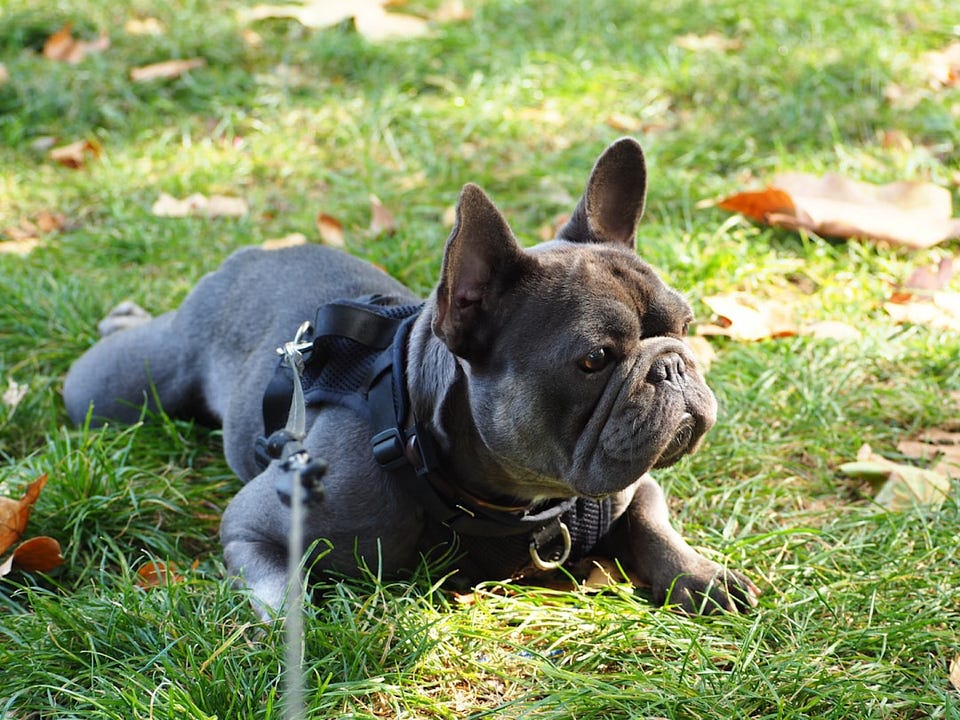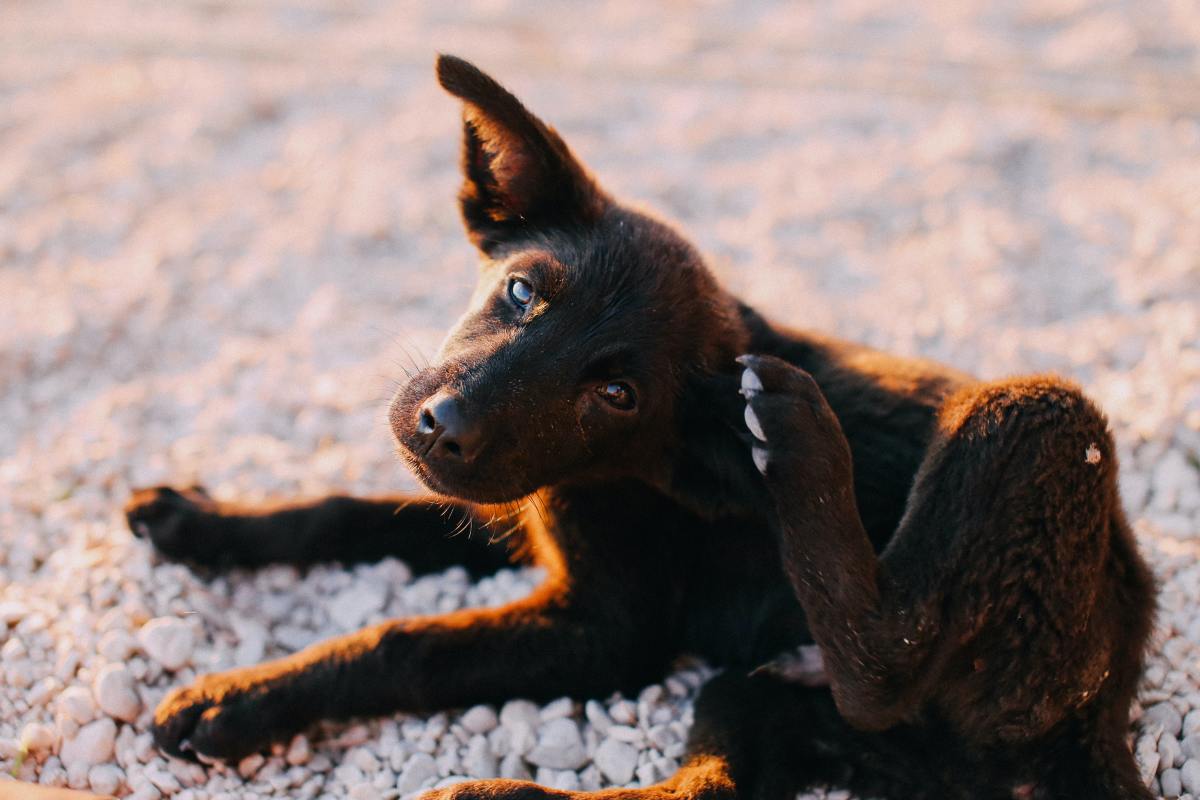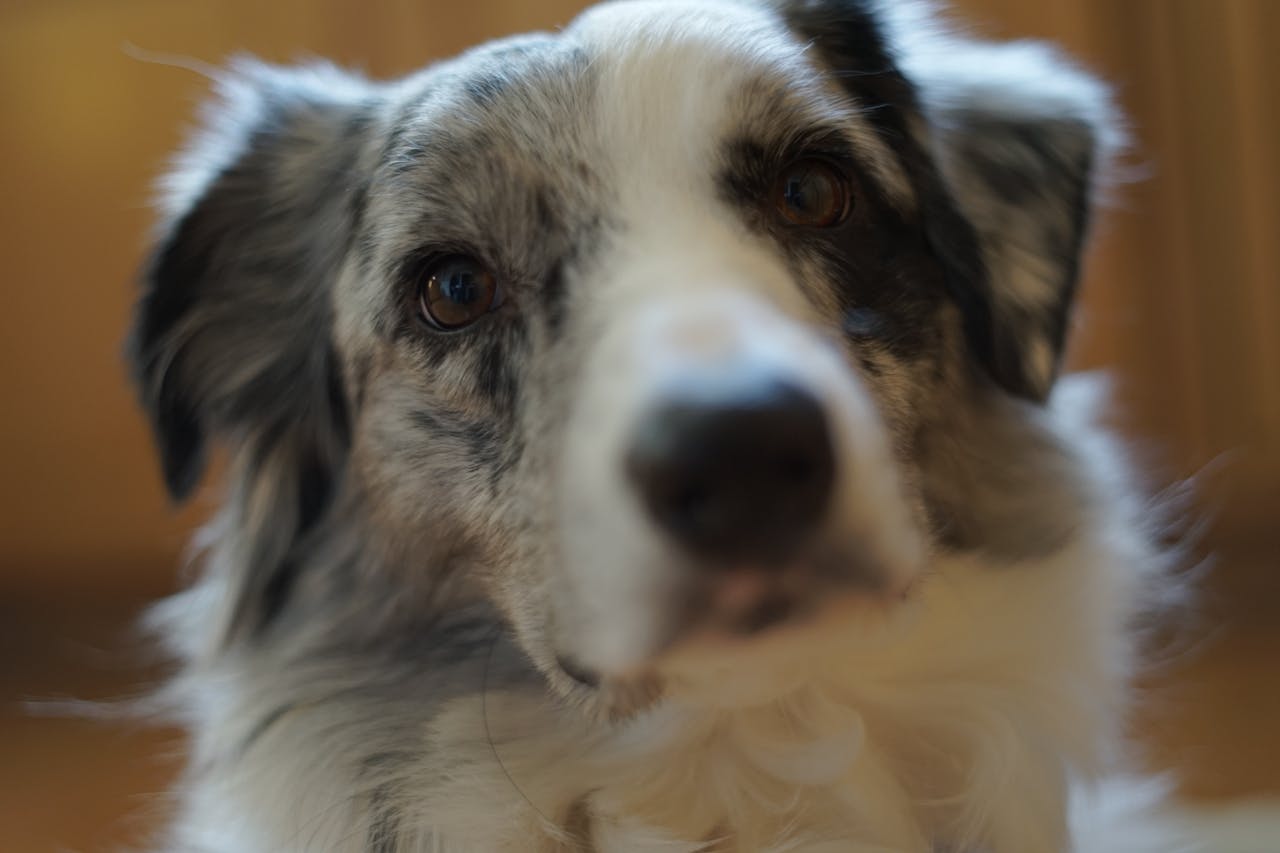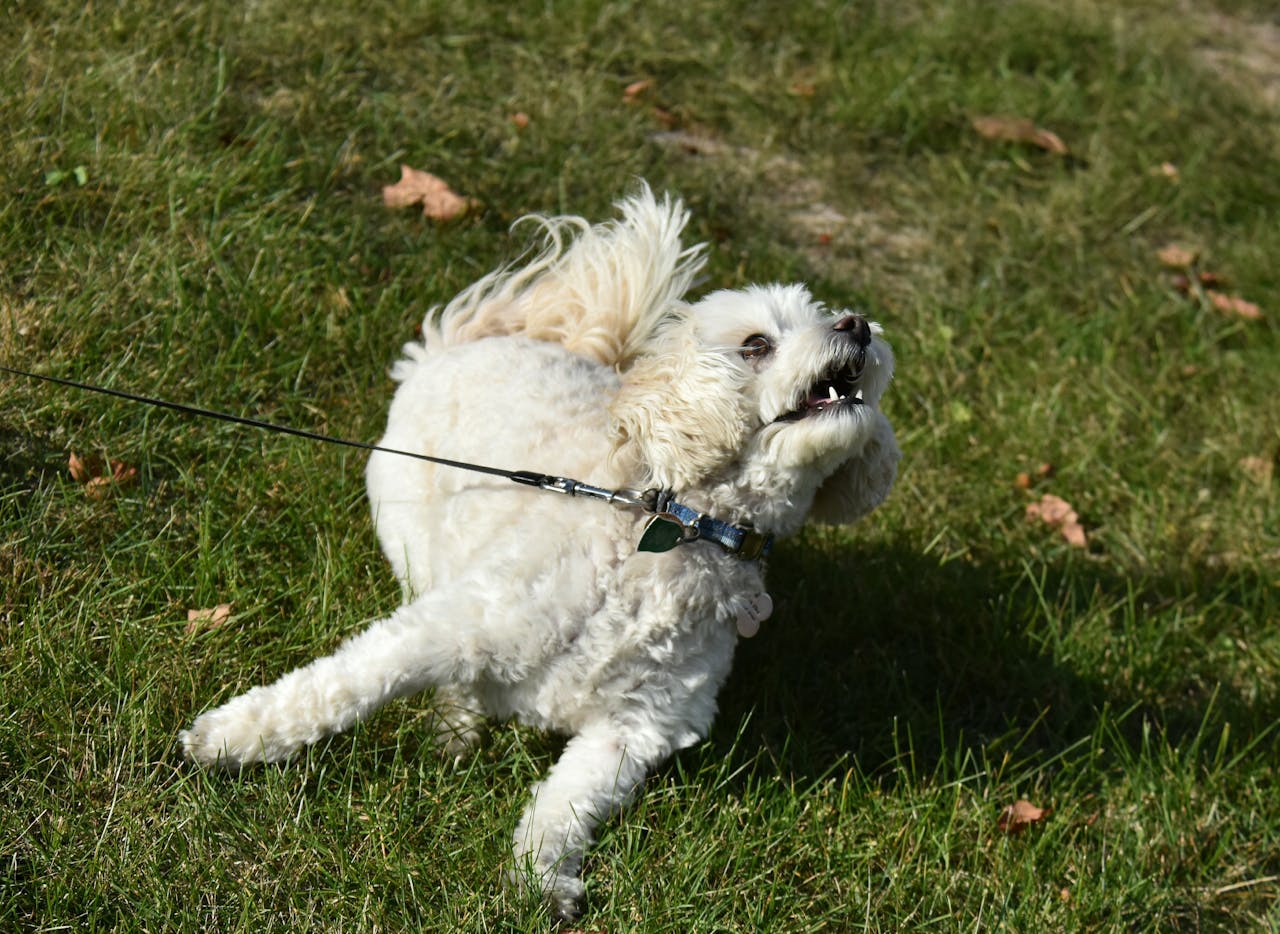French bulldogs have skyrocketed in popularity, becoming one, if not the most sought-after breeds in the United States alone. Their compact size, affectionate nature, and funky, expressive faces make them irresistible to many, leading to a surge in ownership. However, the reality of owning a frenchie goes far beyond their cute appearance. This is a breed with significant health issues, specialized needs, and substantial financial commitment — factors that many first-time owners overlook.
As a former veterinary professional and fellow Frenchie owner, I’ve witnessed first hand the challenges that come with this breed. I’ve also seen how demand has led to countless cases of unethical breeding, resulting in a rise in French bulldogs with severe genetic health issues. If you’re considering adding one to your family, understanding what you’re getting into isn’t just recommended, it’s essential.
My Rescue Story: A Tale of Two Frenchies
My journey into this breed began when I found an Adopt A Pet ad for a 10 year old, one-eyed, nearly deaf French bulldog who had a story to tell. He required daily medications, frequent vet visits and a carefully managed routine to keep him comfortable. He also wasn’t too keen on letting just anyone with four legs come around, which made for a very specific home this guy needed. Despite his age and history, he still had plenty of personality and love to go around.
Fast forward just a few weeks later, I found myself in another Frenchie situation — this time, it was an 11-week-old puppy loaded with giardia and a whole lot of attitude. He destroyed everything in sight, had no sense of personal space, and had an extra set of batteries for every play session. I was worried about how my senior dog would react, but to my surprise, they bonded instantly. They became inseparable! Eating, sleeping, and playing together as if they’ve known each other forever.
Managing their different and specific needs was, and continues to be a challenge but the experience enforced what I already knew: French bulldogs require extensive care, and they’re not for the unprepared.

Frank (left) and Bruno (right), spending their first spring together in their fun, bright raincoats.
The Medical Reality of French Bulldogs
French bulldogs are classified as a brachycephalic breed, meaning that their short snouts and compact skulls contribute to several serious health complications. Owners should be prepared for potential medical issues/costs and understand the risks involved before committing to this breed.
Brachycephalic Obstructive Airway Syndrome (BOAS)
Due to their narrow airways, elongated soft palettes, and stenotic nostrils, Frenchies often experience breathing issues. Common signs include:
- Loud snoring even when awake and labored breathing.
- Exercise intolerance and overheating.
- Frequent gagging and regurgitation.
Many French bulldogs require surgical correction (such as correction/widening of the nares and/or soft palate resection to improve airflow and improve overall breathing. Owners should be very cautious about exposure to heat and overexertion, as these can be fatal.
Orthopedic and Spinal Complications
This breed is unfortunately prone to Intervertebral Disk Disease (IVDD), hip dysplasia, and luxating patella — all of which can impact mobility and quality of life. Steps you can take to prevent or reduce the risks of these conditions are:
- Maintaining a healthy weight reduces stress on joints and can help your pet live a longer and happier life.
- Using orthopedic beds and ramps: Helps prevent the risk of injury as this breed is characteristically short and stubby.
- Avoiding activities that involve jumping from high surfaces: This can put immense pressure and stress on joints as well as the Frenchie’s compact spine, leading to IVDD.
💡Did You Know? Surgical correction for severe IVDD or joint issues can be extremely expensive, with procedures costing anywhere from $5,000–$10,000 on average.
Skin and Food Allergies
French bulldogs are notorious for their ability to develop food, environmental, and contact allergies. These can lead to chronic digestive issues, itching, and infections. Managing these conditions require, but are not limited to:
- Elimination diets: this can help pinpoint food sensitivities and is often the first step in figuring out which food is best for your dog.
- Routine cleaning of facial folds: Brachycephalic breeds are known for their cute wrinkles, but keeping them free of dirt and debris is essential in preventing bacteria buildup.
- Regular ear cleanings and grooming: to help avoid ear infections and overall irritation to the skin, especially paws and tail pockets.
✅ Check this out! There are tons of products specifically marketed toward French bulldogs and their many skin-related needs. Items like facial wipes and pastes can help soothe and prevent an irritated pup.

The Cost of Owning One
When it comes to these dogs, almost nothing is cheap, and they can quickly become expensive to own. From veterinary care to food, insurance, and emergency expenses, the financial commitment to have one in your home can start to add up.
Diet and Nutrition
Many French bulldogs suffer from food allergies as noted before. This requires owners to carefully select a diet that works for their dog and suits their individual needs.
I personally opted for The Farmer’s Dog for both my Frenchies, a fresh food option that helped stabilize both their digestive issues. However, this is not a necessity for every dog and can easily start to get pricey month-to month. I encourage you to work with your veterinarian and see what works for your dog.
- Monthly cost of fresh food for two dogs: $300–$400, but can vary depending on brand, amount, and customization.
- High quality kibble or limited ingredient diets: expect to pay anywhere from $40-$80+ for a 15lb bag of high quality kibble, even more for those marked as breed-specific.
- Veterinary prescription diets: sometimes even the fancy and shiny branded foods won’t work, and you might have to put your Frenchies on a prescription diet. Some like Royal Canin Hydrolyzed Protein or Hill’s z/d, are specially formulated for food sensitivities.
Pet Insurance and Veterinary Costs
Given their likelihood of medical issues, pet insurance is highly recommended. My French bulldogs are insured at a higher premium due to their breed specific risks, with costs ranging from $60-$100 per month per pup. Without coverage, expenses can escalate quickly. Especially so if emergency surgeries are needed.
- Routine veterinary care: Depending on your location and what preventative care is needed, this can easily range from $100–300+ yearly or as needed. This factors in vaccinations and yearly bloodwork/testing.
- Parasite prevention: prescription-strength parasite control is essential since our dogs go with us everywhere, including the outside. Prices vary by brand, form, weight, and duration but can range anywhere from $30–$120, depending on where you get it.
- Surgical procedures: routine surgeries like spays/neuters are one-and-done, but things like dental and emergency procedures can run up quite a bill at thousands of dollars.
✅ Check this out! In the veterinary field, often times the question “What pet insurance do you guys recommend?” popped up. Thankfully, there’s a tool that does the comparing for you.

Avoiding Unethical Breeders and Fad Colors
The massive demand for these cute and iconic dogs has created a massive surge in irresponsible breeding, with many backyard breeders prioritizing appearance over health.
Red Flags to Watch Out For:
- Breeders who emphasize “rare” colors that aren’t standard (blue, merle, lilac, etc.) over health: improper breeding of these colors can result in genetic issues and long-term health complications.
- No health testing for parents or pups: common health tests include hip dysplasia, eye examination, and cardiac evaluation.
- Puppies sold before 8–10 weeks old: weaning typically begins around 3–4 weeks of age and crucial socialization and development happens within the first 12 weeks of life. Puppies taken too early from mom can run the risk of develop behavioral issues.
Choosing a responsible breeder requires homework — look for those who prioritize health screenings and ethical breeding. If adopting, a good place to start is looking for breed-specific rescues that assess medical and behavioral needs.

The Final Reality Check
French bulldogs can be wonderful companions, but the truth is they are not for everyone. Many end up in rescues because owners estimate their needs or fall for trendy breeders that do not contribute to ethical breeding.
- Do your research before committing.
- Be financially prepared for initial and long-term costs, accounting for emergencies along the way.
- Avoid impulse buys from unethical breeders; choose responsibly.
- Consider adopting or rescuing if possible.
For me, rescuing my two boys has been an incredible and rewarding experience. But it wasn’t an easy one. It required knowledge, patience, and financial commitment. Owning a French bulldog isn’t just about looks or loving them — it’s about committing to their lifelong well-being.
Sources and Further Reading
- French Bulldog Rescue Group Directory — RescueShelter.com: a nationwide directory listing French bulldog rescues by state.
- French Bulldog Club of America: oldest club in the world dedicated to the breed, aimed to encourage and promote quality breeding and proper care.
- Cornell College of Veterinary Medicine: article on the subject of keeping pups with their moms for the recommended time frame.
- Royal Canin French Bulldog Breed Health Nutrition: breed-specific kibble formulated for French bulldogs.
- The Farmer’s Dog: fresh pet food designed for a healthier diet for your dog, backed by veterinary professionals and nutritionists.
- Squishface Wrinkle Wipes & Tear Stain Paste: skincare products for your pets, designed to clean and protect wrinkles, tail pockets and other sensitive areas from irritation.
- Spinal Surgery in Dogs — PetMD: overview of spinal surgeries in dogs, including procedures for IVDD and other orthopedic conditions.
- Luxating Patella in Dogs — VCA Animal Hospitals: Overview of this condition, including causes, symptoms, and treatment options.
- Corrective Surgery: Dogs with Brachycephalic Airway Syndrome — Today’s Veterinary Practice: peer-reviewed article discussing surgical intervention for suffering from BOAS.




